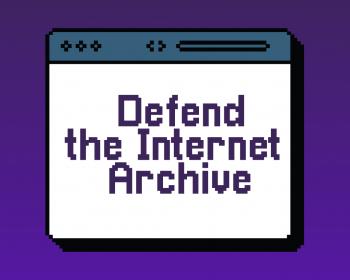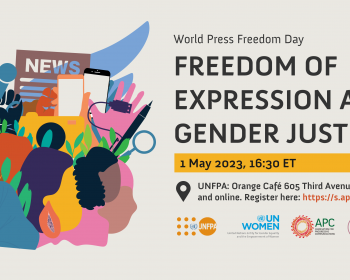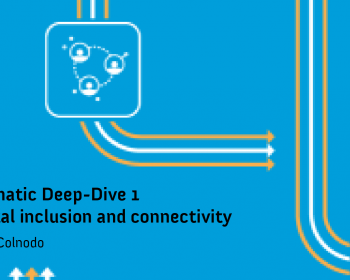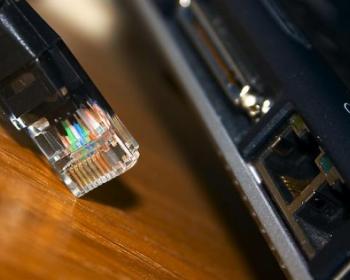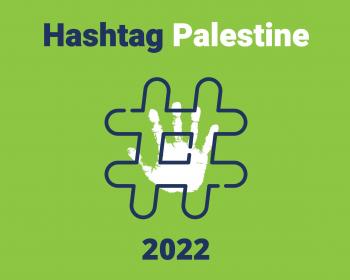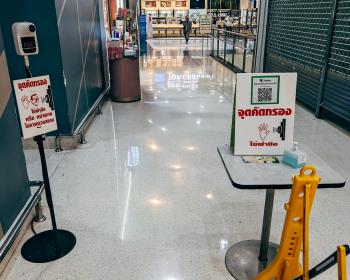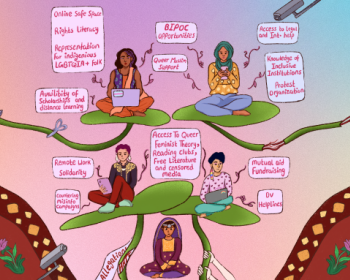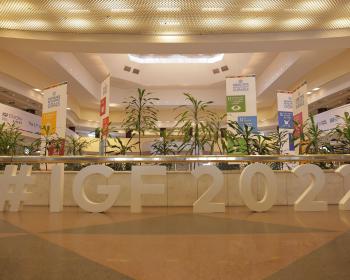Access to information
APC members stand in solidarity with the Internet Archive and respond to the legal fight for libraries everywhere to scan and lend ebooks in controlled digital lending (CDL).
Join us at a special 30th anniversary event for World Press Freedom Day where freedom of expression rapporteurs will discuss the agreed conclusions of the Commission on the Status of Women plus recommendations of the 2022 Joint Declaration on Freedom of Expression and Gender Justice.
In its statement to the Thematic Deep-Dive session organised to gather input for the Global Digital Compact, APC member organisation Colnodo, based in Colombia, highlighted the contribution that can be made by community networks to connect the unconnected.
To gain insight on this process and the lessons that can be learned from it, APC spoke with Damián Loreti, Rodrigo Adriel and Valeria Betancourt, three of the people actively involved in the campaign.
India imposed 84 internet shutdowns in 2022, the highest number globally for the fifth year in a row. APC joins a global civil society coalition to urgently ask the Indian government to create meaningful safeguards for citizens' digital rights and ensure unfettered access to an open, secure and reliable internet.
7amleh's eighth annual “Hashtag Palestine” report sheds light on the violations of digital rights that Palestinians and their supporters are subjected to in the digital space by various governments and big technology companies.
This submission was prepared in response to a call for inputs from the UN Office of the High Commissioner for Human Rights for a workshop on promoting and protecting economic, social and cultural rights within the context of addressing inequalities in the recovery from the COVID-19 pandemic.
This new GenderIT.org edition collects stories of women and LGBTIQA+ individuals and communities from South and Southeast Asia discussing the impact of the gender digital divide and how they respond to the challenges and barriers.
The annual Internet Governance Forum (IGF) is the United Nations’ most significant multistakeholder event for tackling internet governance. Here are some highlights of the APC network's participation this year.
Our columnist reflects on what has happened since the first World Summit on the Information Society (WSIS), how we might review the past and look forward in hope and trepidation at the future as we approach its 20-year review in 2025.

Association for Progressive Communications (APC) 2022
Unless otherwise stated, content on the APC website is licensed under Creative Commons Attribution 4.0 International (CC BY 4.0)



